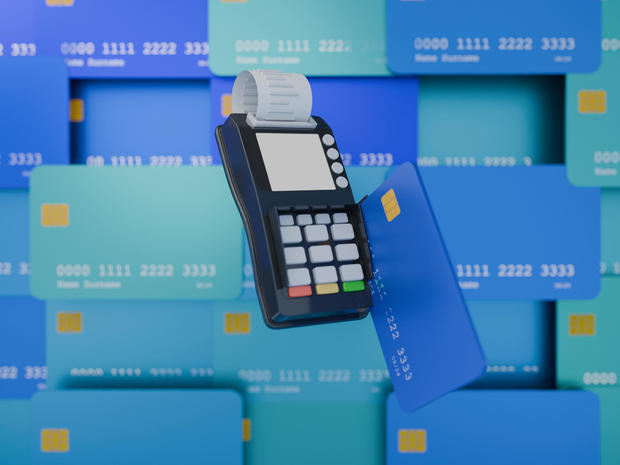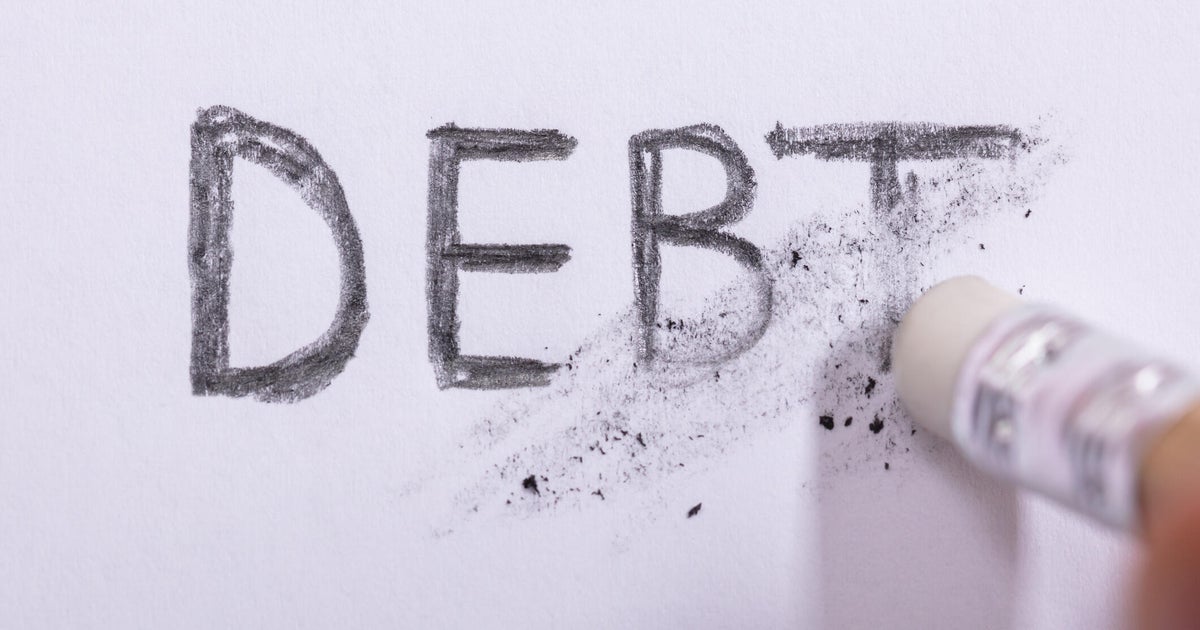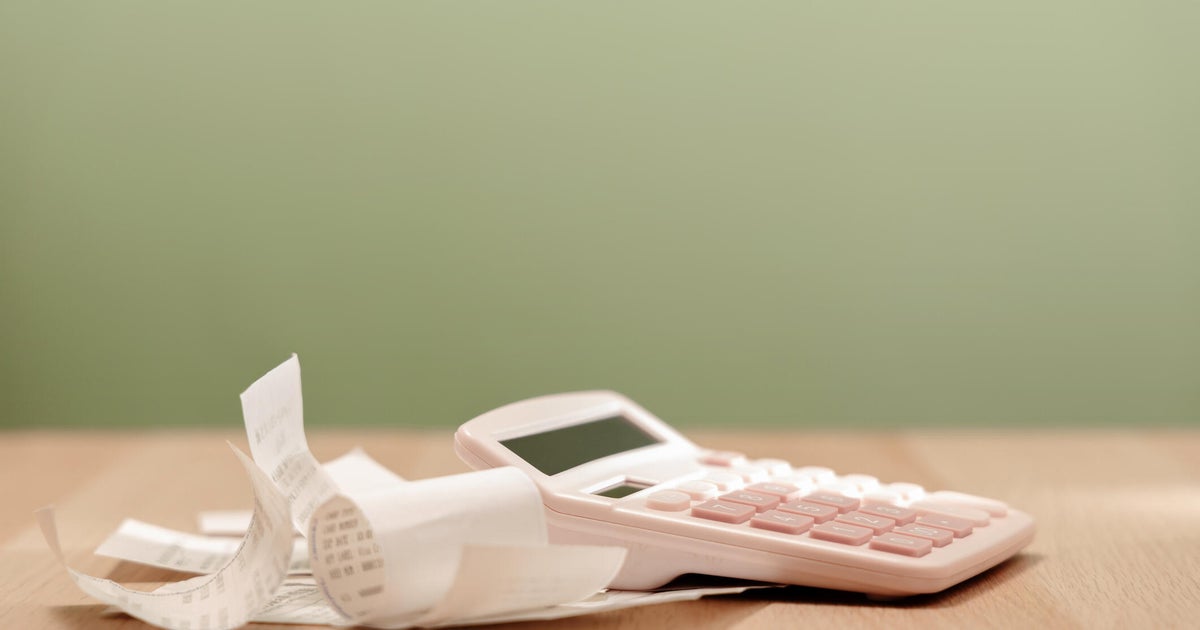Can I still use my credit card after debt consolidation?
After years of high rates and elevated costs, millions of Americans are now struggling to get rid of their credit card debt. The average cardholder owes about $8,000 currently and the average credit card interest rate is sitting at a record high of over 23%. That combination has caused credit card debt to compound quickly for many households, making it tough for people to tackle their growing balances with traditional payoff methods.
Luckily, there are strategies, like debt consolidation, that can be used to help get rid of your credit card debt. Debt consolidation offers a fresh start for those struggling with multiple credit card payments by combining various debts into a single, more manageable loan with a lower rate and monthly payment. That makes it easier and more affordable to pay off what's owed — and gets rid of the compounding interest costs during the process.
But while debt consolidation can help resolve existing debt, it doesn't automatically prevent new debt from accumulating — and it's important to mitigate the risk of repeating your past credit card mistakes. So can you still use your credit cards after consolidating your debt, and should you? That's what we'll discuss below.
Get expert help with your credit card debt today.
Can I still use my credit card after debt consolidation?
Yes, you can technically continue using your credit cards after debt consolidation as long as you keep the accounts open during the process. That said, whether you still have access to your credit card accounts post-consolidation may depend on a few different factors.
One factor that can play a role is the debt consolidation option you choose. There are numerous ways to consolidate your debt, from taking out a new loan with a bank or credit union to enrolling in a debt consolidation program through a debt relief company, and whether or not you can use your cards after may be impacted by the route you take.
For example, if you've chosen to consolidate your debt by using a debt management plan, your issuers might close your accounts or freeze them during the process. If you take out a debt consolidation loan, on the other hand, your original credit card accounts usually remain open and available for use.
However, your card issuers may opt to reduce your credit limits or close your inactive credit card accounts. This may happen when they notice debt consolidation activity on your credit report. Some lenders might also require you to close certain credit card accounts as a condition of the consolidation loan.
Banks may also scrutinize any new credit card applications more carefully after debt consolidation. While consolidation itself doesn't prevent you from obtaining new credit cards, lenders might view recent debt consolidation as a risk factor when evaluating new credit applications. So, while you can use your credit card accounts after consolidating your debt in most cases, it could be a bit more difficult to open and use new credit cards — and the route you take to consolidate your debt could play a role as well.
Learn how the right debt relief strategy could help you now.
Should I use my credit card after consolidating my debt?
Whether or not you should use your credit cards after consolidating your debt is a separate consideration. Financial experts generally recommend that you avoid credit card use immediately after debt consolidation. This period is better served as an opportunity to develop new financial habits and ensure you can manage the consolidation loan payments. So, it makes more sense to wait at least six months before resuming credit card use.
If you decide to use credit cards shortly after consolidating your debt, it's generally helpful to implement strict guidelines. Set a low credit limit, use cards only for planned purchases you can pay in full each month, and maintain a detailed budget tracking all expenses. Never use credit cards for cash advances or unnecessary purchases during this recovery period.
The smartest approach generally involves treating credit cards as payment tools rather than credit sources. This means using them for convenience, security or rewards while paying the full balance each month. This strategy helps rebuild your credit history while avoiding the accumulation of new debt.
If you want to keep using your cards, consider utilizing just one or two cards for emergencies or specific purposes while closing unused accounts. This approach simplifies credit management and reduces temptation while maintaining some credit availability.
The bottom line
You can continue to use your credit cards after debt consolidation in most cases, but it's important to remember that successful debt consolidation requires changing the financial behaviors that led to the initial debt. Using credit cards responsibly after consolidation demonstrates financial maturity and helps secure long-term financial stability. However, if you find yourself struggling to control spending, consider switching to cash or debit cards until you've established stronger financial habits.




